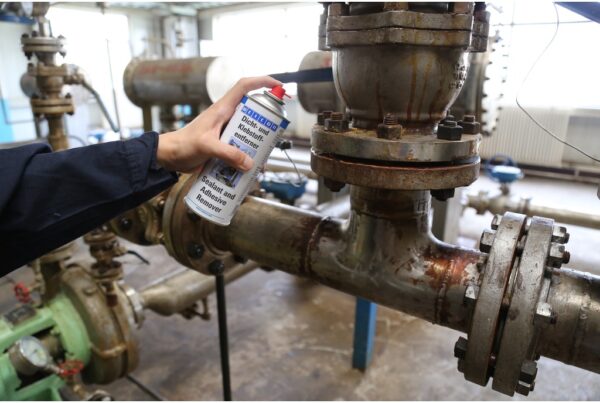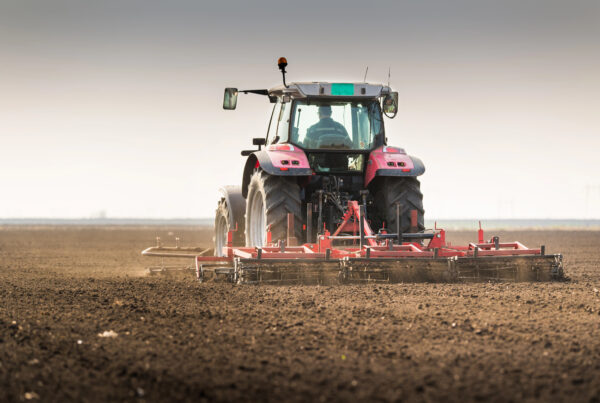The bearing is a critical component of any moving application. Its function is to support the rotating shaft while reducing friction and thus making the movement smooth.
If you suddenly notice that your bearing, which has been operating quietly so far, is making noise, it is already a warning sign that something is wrong. Read our article to find out the causes of noise and what to do next!
What causes bearing noise?
The most common cause of bearing noise is contamination.
The contamination level of environment must always be taken into account when selecting the bearing. If not chosen carefully, dirt can get into the bearing, which can lead to premature failure and noisy operation.
Contamination can get between the rolling elements during installation or even relubrication. In the latter case, damage to the seal or foreign particles entering the grease gun can also cause the problem. These particles, in turn, damage the raceway during rotation, which causes the rolling elements to bounce or rattle.
What should you do if you notice noise?
The noise coming from your bearing may sound like a whistling, rattling or growling. The bad news is that by the time you hear this noise, your bearing is faulty and the only solution is to replace the bearing as soon as possible.
Relubrication may mute the noise. That means you solved the problem, right? Unfortunately, this is not the case. Adding grease once your bearing has started to make a noise will only mask the issue.
You can use condition monitoring technologies such as vibration analysis or thermography to predict when the bearing is likely to fail catastrophically and to calculate the latest point at which you can safely replace the bearing.
Is it enough to just replace the bearing and can any process go on?
The idea of replacing the bearing and continuing to manufacture can be tempting. However, it is worth looking deep into the problem before the newly installed bearing also fails. Exploring the root causes allows mitigation measures to be put in place to prevent the same problem from recurring.
Make sure you use the most efficient sealing solution possible under your operating conditions and check the condition of the seals at each maintenance. This will prevent dirt from entering.
It is also important to make sure that you use the appropriate mounting tools for the bearings. This will help prevent damage during installation.
Monitor your bearings!
Continuous monitoring of the bearings will help detect the problem in the initial phase, thus preventing more serious damage. It is advisable to use condition monitoring equipment for this purpose.
In summary
If your bearing suddenly becomes noisy during operation, it is already failed. It may still be able to function for the time being, but it is getting closer and closer to a complete failure, which could even damage your equipment. The most common cause of a noisy bearing is contamination, which damages the bearing raceways, causing the rolling elements to bounce or rattle. The only solution for a noisy bearing is to replace it. Applying grease only masks the problem.
In the event you have further questions contact us!
Source: bearing-news.com



